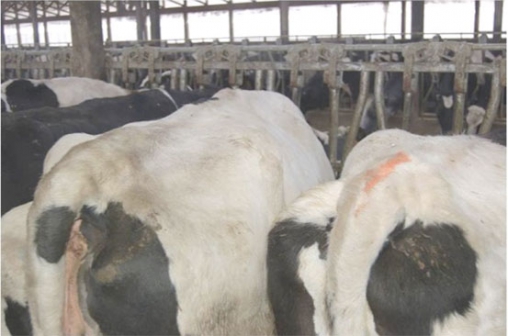
Of all living things only man and dolphins use sex for leisure in addition to procreation. The rest mate only at specific times or seasons and purely for procreation or rather reproduction. All animals go through a reproduction cycle scientifically called oestrus derived from a Latin word for sexual desire. This process is controlled by hormones whose release is further stimulated or hindered by nutrition and environmental conditions.
All normal female animals except dolphins will only accept to be mounted by a male at a certain phase of this cycle (oestrus) upon attaining maturity. Only at this time will they have an egg awaiting fertilisation and subsequent implantation into the womb resulting in a pregnancy.
Female animals on heat will display sexual receptive behaviours that attract male animals for the mating/mounting act. It is prudent for a farmer to know these signs because in farming systems where artificial insemination (AI) is used timing for optimal conception is crucial; but if you are using bulls then don’t worry it is in their design to sniff out the ripe female.